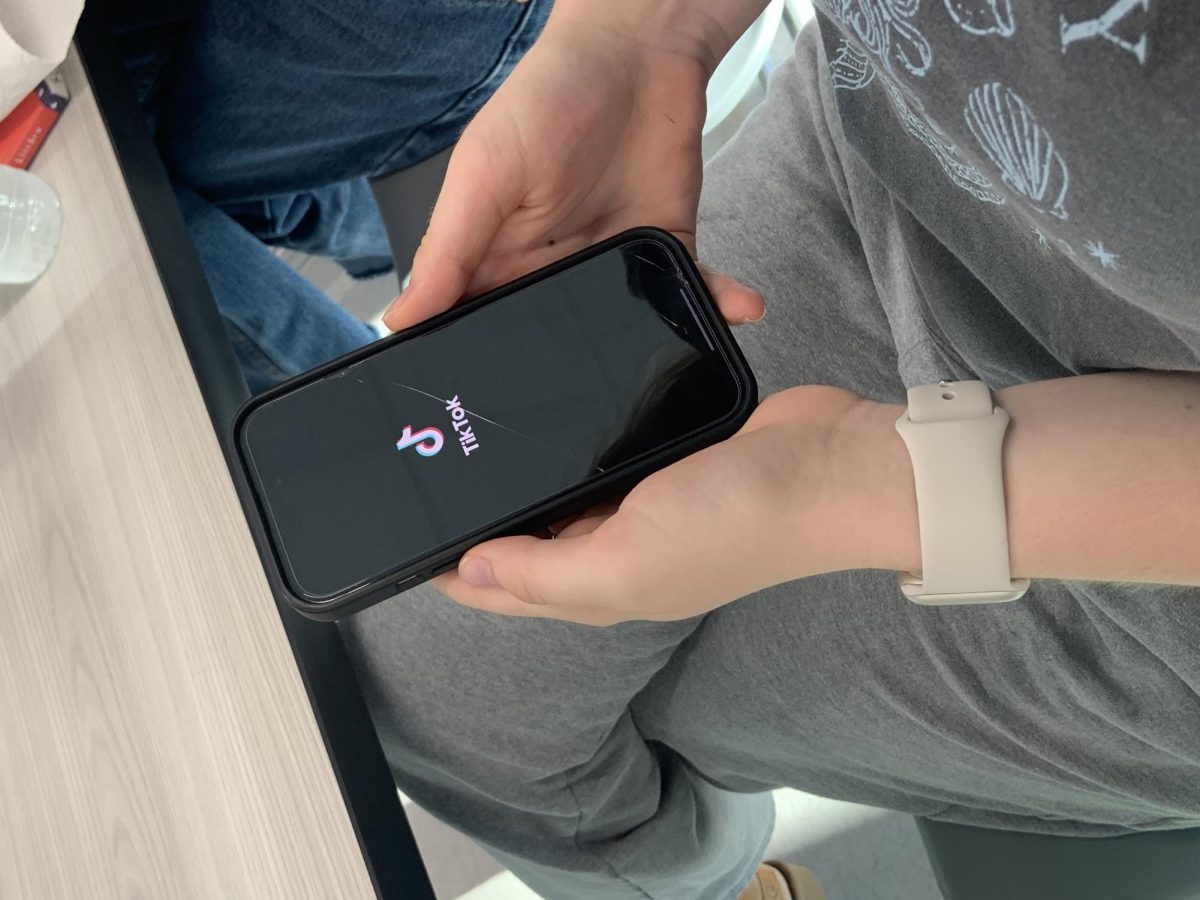Over the past month, TikTok has struggled to prove to a panel of three judges from the Department of Justice that their app was safe and legitimate. The social media app with nearly 1.6 billion users world-wide has been refuting the ties to Chinese executives for much of its stent of popularity in the U.S. Now, they argue that they do not need to cut ties with Chinese executives.
This is happening in response to a bill passed this April, which forces Beijing-based company ByteDance (TikTok’s parent company) to sell the social media giant within a year. If ByteDance fails to comply by Jan. 19, the app would be effectively banned in the United States. Now, TikTok and ByteDance, among other groups, have sued to block the law on the grounds that it violates the First Amendment of the U.S. Constitution and the free speech rights of over 170 million American users. TikTok’s argument is that the government failed to provide substantial proof of any alleged threat to national security.
The hearings feature three separate lawsuits: TikTok and ByteDance in one, another by a group of content creators, and the last on behalf of media nonprofit BASED Politics. All are campaigning to have the law declared ‘unconstitutional’.
Roughly half of Americans are in support of a full U.S. ban on TikTok, according to a study from the Pew Research Center conducted in March. Around 22% oppose the idea and more than a quarter are unsure. As can be expected of teenagers, many Robinson students use the social media app on a frequent basis.
“I don’t like it [the ban],” freshmen Charlie Lowrie said. “I strongly dislike the ban of TikTok. I use it daily… hourly. I think it’s unconstitutional.”
Cason Cooper (‘26) has a different opinion than many students his age, however.
“I think [TikTok] is dangerous,” Cooper said. “Us, using an app that can track your habits, your favorite things… an app that can track and give that information to the Chinese can allow them to… infiltrate their way into American society could eventually pose a serious danger to how we live our lives.”
Cooper reflects fears that the app may be used for foreign intelligence operations. TikTok itself does not operate in China, but the parent company, ByteDance, is located in Beijing.
“It comes from both a general distrust of China and a worry over the public’s growing addiction to technology,” Cooper said. “I am confident that it’s a threat because TikTok is known to share private information with China, and China knowing the habits and beliefs of every American is a serious threat to national security. They can take advantage of, and manipulate, those habits and beliefs, to get a deeper foothold in daily American life.”
On the contrary of Cooper, Alex Cuevas (‘25) doesn’t believe it’s anything to worry about.
“We already have domestic companies doing the same thing,” he said. “Nothing is stored overseas. Facebook had things with China too. The only reason they want to ban it is because things aren’t regulated the same as domestic social media companies.”
Many businesses and organizations, including both the Harris-Waltz and Trump-Vance presidential campaigns, use it for advertising and community engagement. Thousands of small businesses rely on the app for marketing.
“I’m not a fan of that,” said Cooper. “I think companies should use broad-based advertising to reach large groups of people rather than targeting the individual based on their information. That’s a breach of privacy.”
Junior Adrianna Morales feels that despite possible security threats, the app is exactly as advertised. A fun space to interact with your friends, much like any other social media.
“Personally, I don’t use TikTok much, but when I do it’s usually just to have fun and interact with people who enjoy what I do,” Morales said. “And that’s how my mom promotes some of her own crafts. So I feel like a ban would be a violation of our freedom of speech. There are a lot of small businesses that use TikTok to advertise, and many people who use it to communicate. I can see how it’s a threat, but I don’t think it should be banned.”
Students throughout the Robinson student body have voiced concerns about the violation of the right to free speech.
“In my opinion, the bill to ban TikTok completely violates the First Amendment right to free speech,” Sophomore Benjamin Gingerella said. “If the bill passes, it will forever change how the government can control our freedom of speech, as well as how we control our own lives. I am glad the U.S. government is doing everything possible to protect our data from being taken and used by other countries to push propaganda and advertisements that people don’t want to see, but I think a ban is going too far.”

